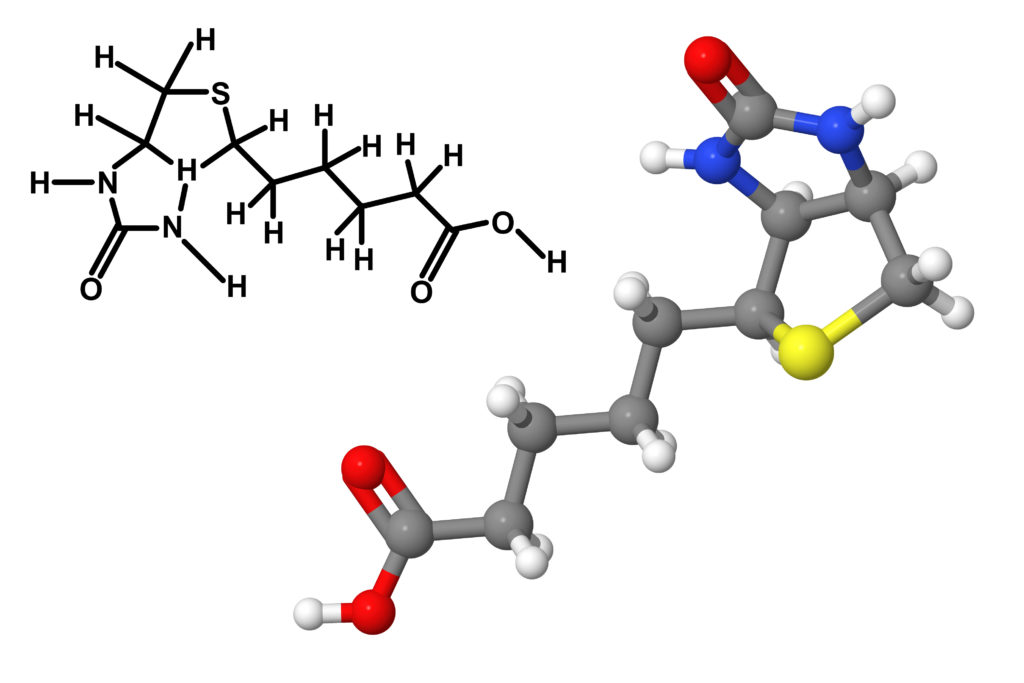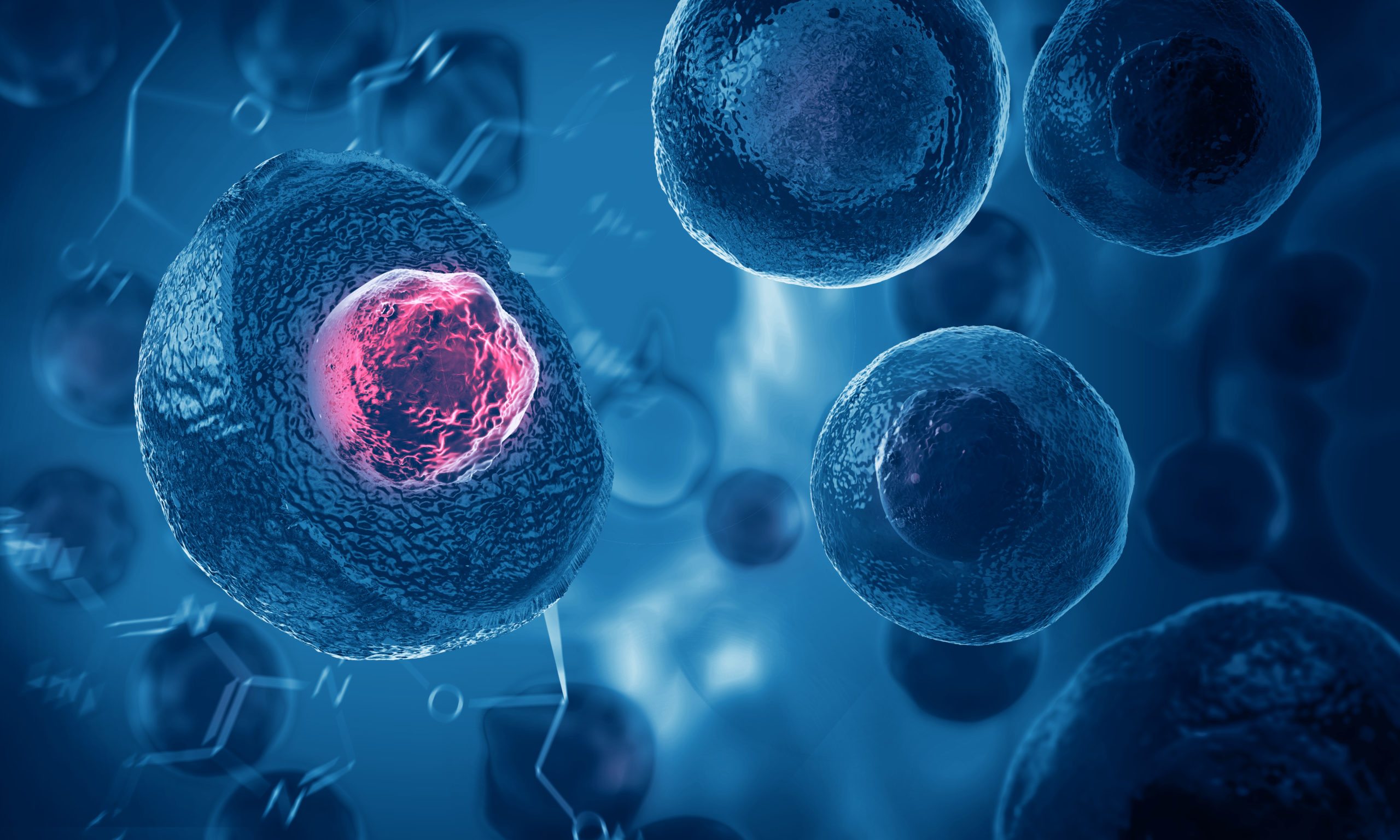Embark on a microscopic journey through your body’s cells. You’ll unearth the complex relationship between NAD+ and mitochondrial function. This intricate dance is crucial to your health, but it’s not always perfect. Understanding this interplay can unlock potential for disease prevention and treatment. So grab a magnifying glass-we’re diving deep into biology’s secrets to answer one question: what’s the connection between NAD+ and mitochondrial function?
Understanding the Role of NAD+ in Cellular Function

It’s crucial to grasp how NAD+ plays a significant role in cellular function. This coenzyme is indispensable for redox reactions, impacting the health and longevity of your cells. Research suggests that NAD+ deficiency can accelerate cellular aging by interrupting essential biological processes.
To elaborate, NAD+ interacts with sirtuins – proteins responsible for healthy aging. Sirtuins require NAD+ to control DNA repair and inflammatory responses. However, as you age, your body’s NAD+ levels dwindle, causing a deceleration in these critical functions.
This decrease in NAD+, termed ‘NAD+ Deficiency’, impedes mitochondrial function – a key component of cellular metabolism. Reduced mitochondrial efficiency triggers premature aging at the cellular level (‘Cellular Aging’). Studies indicate that boosting intracellular NAD+ concentrations may reverse this trend.
Understanding the dynamics of this relationship is complex but pivotal to developing therapeutic interventions targeting aging-related disorders. Therefore, maintaining optimal NAD+ levels could potentially alleviate symptoms or slow progression in diseases associated with accelerated cellular aging.
The Vital Importance of Mitochondrial Function
You’ve got to understand how crucial your cell’s powerhouses are for overall health. Mitochondria, often referred to as the powerhouses of cells, play a vital role in energy production, primarily through oxidative phosphorylation. When these mitochondria malfunction due to genetic mutations or environmental factors, it can lead to mitochondrial diseases.
Mitochondrial diseases are a group of disorders caused by dysfunctional mitochondria. They’re chronic and often severe conditions that can affect multiple systems within the body. Research indicates that these diseases occur when the number of damaged mitochondria outweighs healthy ones, disrupting cell function and leading to disease (Wallace DC., 1999).
Energy production in your cells relies heavily on the efficient functioning of mitochondria. The process involves complex biochemical reactions where glucose is converted into ATP (Adenosine triphosphate) – the cellular energy currency. If this pathway is disrupted due to mitochondrial dysfunction, it may result in insufficient ATP production leading to fatigue and other symptoms associated with poor energy metabolism.
The Biological Interaction Between NAD+ and Mitochondria
There’s a fascinating interplay in biology where NAD+ interacts with our cells’ powerhouses, playing a crucial role in energy production. This interaction is at the heart of Mitochondrial Dynamics and NAD+ Biosynthesis.
Understanding this complex relationship involves delving into the intricacies of biochemistry. To elucidate, here’s a simplified table:
| Mitochondrial Dynamics | NAD+ Biosynthesis |
| Regulates cell energy | Crucial for redox reactions |
| Involves fission & fusion processes | Synthesized from tryptophan, niacin, nicotinamide |
Mitochondrial dynamics refer to the continuous morphological changes that mitochondria undergo through cycles of division (fission) and fusion. These mechanics are crucial for maintaining cellular health and function.
On the other side, NAD+ biosynthesis refers to how your body creates Nicotinamide Adenine Dinucleotide (NAD+) – an essential coenzyme involved in numerous redox reactions within your cells.

The interaction between these two biological phenomena is key to your cell’s wellbeing. When there is adequate NAD+, it can support mitochondrial function by aiding in the creation of ATP (our cell’s main source of energy).
This intriguing biochemical dialogue shows us yet again how interconnected our biological systems truly are.
Investigating the Impact of NAD+ on Mitochondrial Health
Delving into how NAD+ impacts the health of our cells’ powerhouses can provide insight into potential therapeutic strategies. As you may recall, Nicotinamide adenine dinucleotide (NAD+) is a crucial coenzyme in redox reactions, significantly impacting mitochondrial function and biogenesis.
Let’s explore some NAD+ supplementation benefits. Research reveals that it boosts intracellular NAD+ levels, enhancing the activity of sirtuins-proteins implicated in cellular health and longevity (Verdin, 2015). Sirtuins are involved in repairing damaged DNA, reducing oxidative stress-a key cause of mitochondrial dysfunction-and increasing the production of mitochondria themselves.
Now let’s consider what causes mitochondrial dysfunction. Factors include genetic mutations, environmental toxins, aging-related degeneration and excessive reactive oxygen species (ROS) accumulation (Wallace et al., 2010). These lead to energy production deficits that affect cellular processes.
In understanding these processes, you’ll appreciate that bolstering NAD+ levels through supplementation could potentially counteract some causes of mitochondrial dysfunction. By helping maintain adequate energy supply and promoting better cellular health-it’s like giving your cells a much-needed boost! This just scratches the surface; there’s still plenty to uncover about this fascinating topic.
Practical Implications of NAD+ and Mitochondrial Interplay in Human Health
It’s essential to discuss how this interplay can have practical applications in improving human health. In particular, NAD+ supplementation and mitochondrial optimization present promising avenues.
| Approach | Mechanism | Effect |
| NAD+ Supplementation | Increases cellular NAD+ levels | Enhances energy production, DNA repair |
| Mitochondrial Optimization | Improves mitochondrial function | Boosts metabolism, cell longevity |
NAD+ supplementation is a novel strategy for boosting cellular NAD+, a critical coenzyme involved in multiple biological processes including energy production and DNA repair. You’ll find extensive research showing its potential benefits for various age-related conditions (Verdin E., 2015).
Mitochondrial optimization, on the other hand, involves improving the health and efficiency of mitochondria – our cells’ power plants. You might often overlook it, but it’s crucial as it directly impacts your body’s metabolism and cell longevity (Wallace D.C., 2005).
Frequently Asked Questions
How Can a Person’s Lifestyle Affect Their Nad+ Levels?
Your lifestyle significantly impacts your NAD+ levels. Regular exercise boosts NAD+, while inadequate sleep can deplete it. So, maintaining a healthy routine of physical activity and rest is crucial for optimal NAD+ levels.
Are There Any Specific Food Sources That Can Help Increase Nad+ Levels in the Body?
Sure, certain foods can boost your NAD+ levels. Fermented foods like kimchi and yogurt, along with vegan-friendly options such as mushrooms and green veggies are beneficial due to their role in NAD+ synthesis.
Is There Any Relation Between Nad+ Levels and Certain Diseases or Conditions?
Yes, there’s a link. NAD+ deficiency symptoms often coincide with certain diseases and conditions. For instance, lower NAD+ levels can accelerate aging processes and contribute to age-related disorders like Alzheimer’s or heart disease.
Can Nad+ Supplementation Reverse Mitochondrial Dysfunction?
Yes, NAD+ supplementation can potentially reverse mitochondrial dysfunction. It’s believed that replenishing NAD+ levels aids in repairing and rejuvenating cells, mitigating some effects of aging associated with mitochondrial dysfunction.
What Are the Potential Side Effects of Increasing Nad+ Levels in the Body?
You’ve asked about NAD+ safety concerns and overdose implications. Increasing NAD+ levels may cause digestive upset, fatigue, headaches, nausea, and skin discomfort. It’s crucial to consult a healthcare professional before starting any supplementation regimen.
